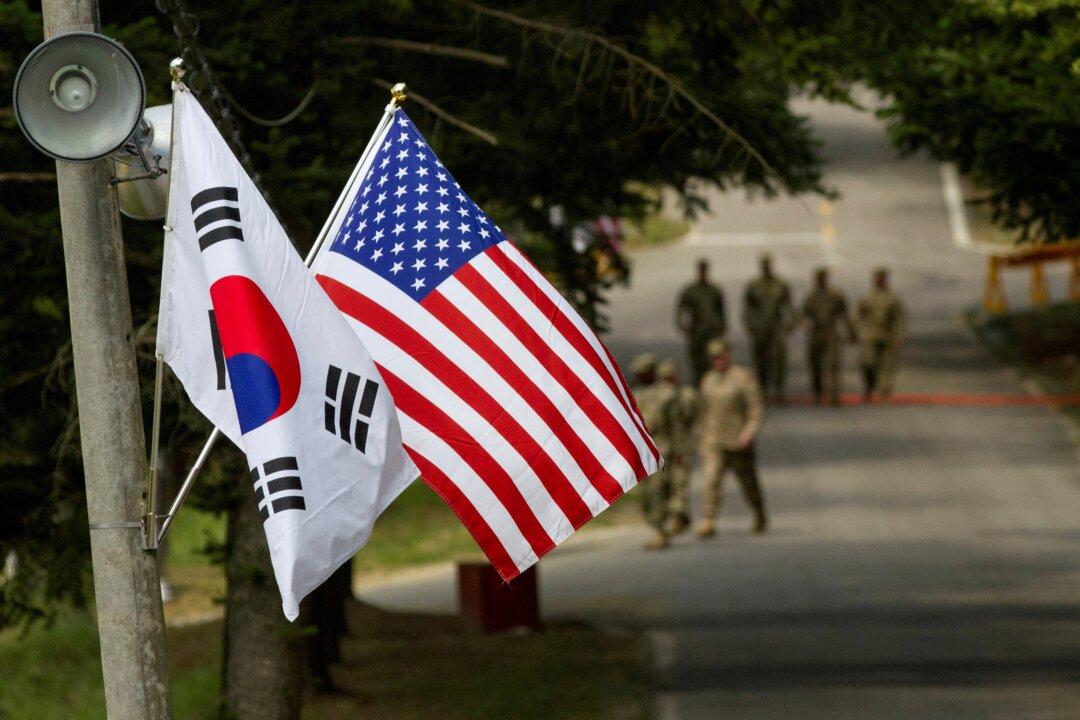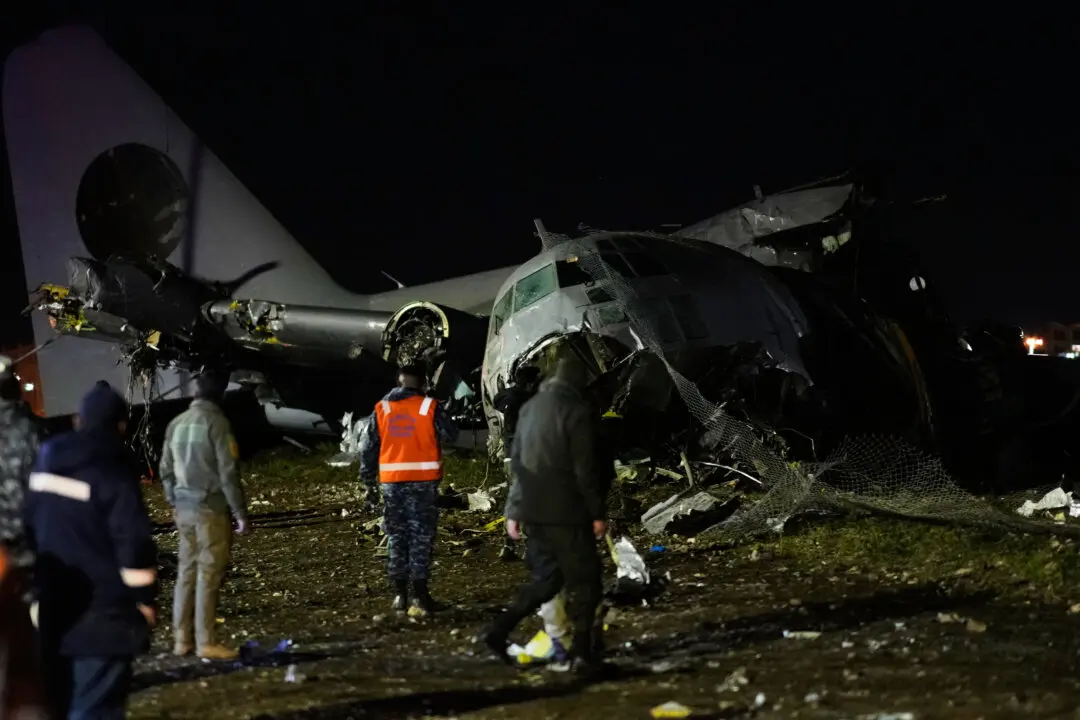SEOUL—South Korea and the United States will hold tabletop exercises next month as the allies move to better counter the North’s nuclear threats, South Korea’s defence minister said on Wednesday.
Nuclear-armed North Korea launched an unprecedented number of missiles last year, including intercontinental ballistic missiles (ICBMs) capable of reaching the U.S. mainland. U.S. and South Korean officials have also warned the North could be preparing for its first test of a nuclear device since 2017.





